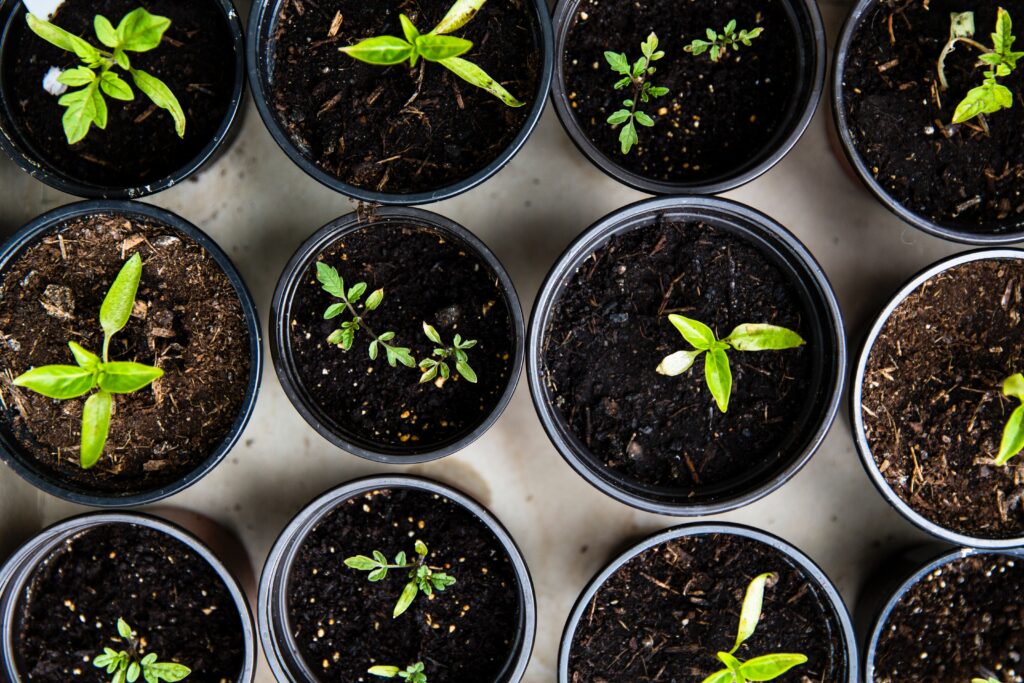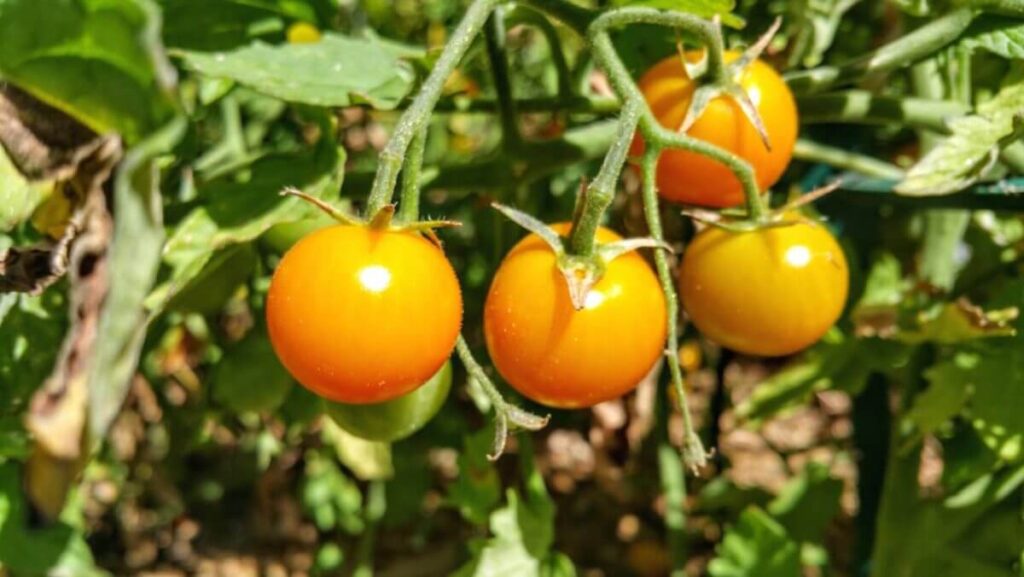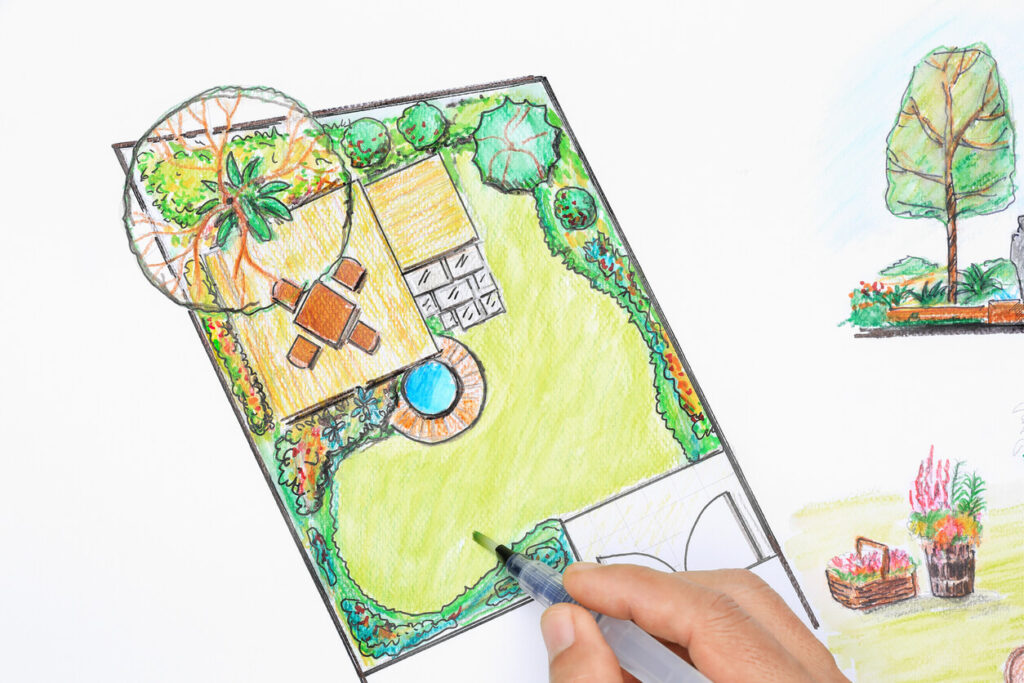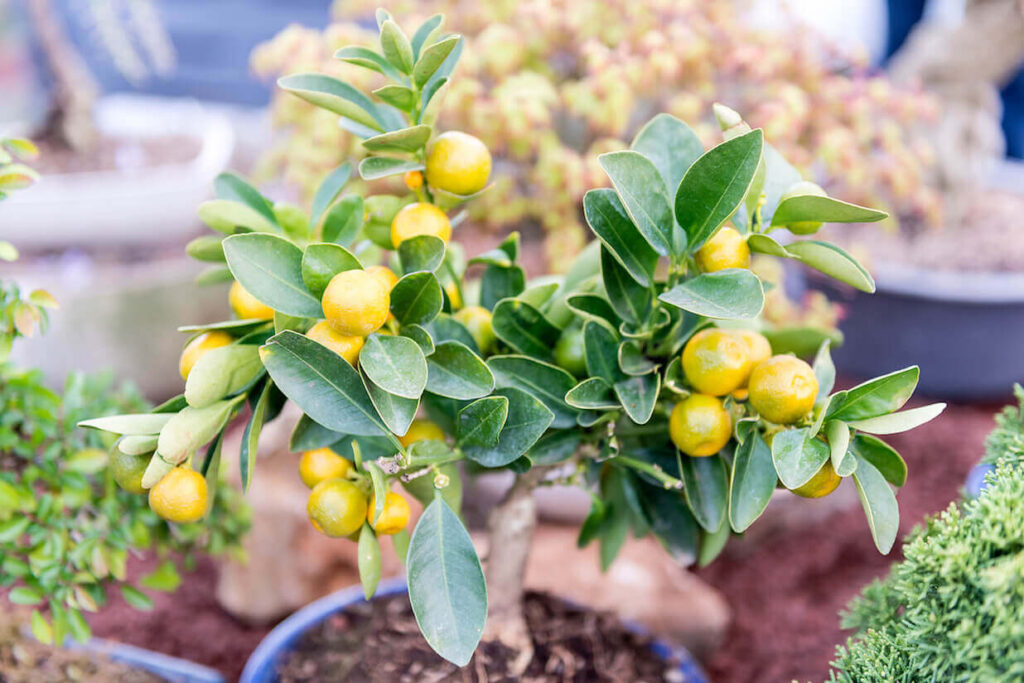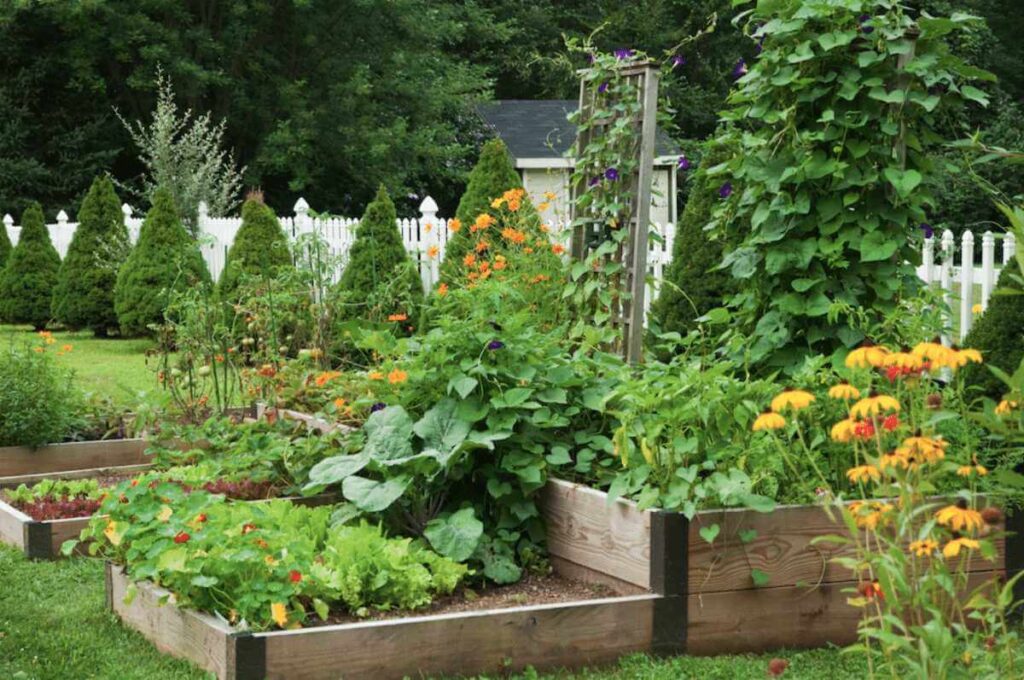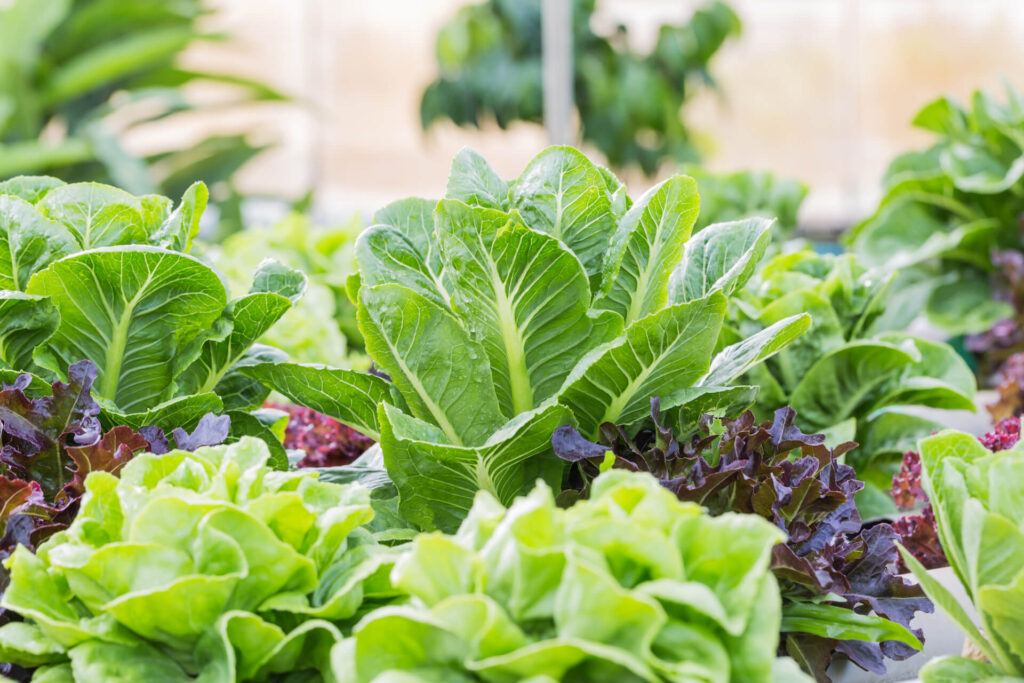Gardening can be a gratifying hobby. Fresh-picked vegetables are the best, especially if you grow them yourself. You will enjoy seasons of fresh, succulent vegetables with vibrant textures and juicy flavors by following these tips to help you plan, plant, and grow the best vegetable garden plants possible!
Where Should I Start?
The first thing to consider is where you want your garden to be. Vegetables thrive in full sunlight, so watch your surroundings and consider the best spot for your garden. Next, decide what you want to grow. There are many varieties and vegetables to choose from, so the selection process can be exciting and daunting.
You can plant seeds or choose plants from a nursery – or a combination of both. While trying something new is fine, starting with what your family likes, will use, and can preserve is important. It is not worth putting so much effort into a garden that produces food waste. To prevent soil from depleting, you should also rotate your crops yearly.
Planting Options
You have many options when it comes to planting a beautiful garden. This is the beauty of gardening, as you can create, alter, add, or remove features according to your preferences!
Backyard
It is simple to start a backyard garden. Preparing the ground takes only a few minutes, and then you can begin planting.
Raised beds
Raised beds are a popular option for various reasons; however, they may be more difficult to create than a typical backyard garden. This is an excellent choice if you have the time and money to make your raised beds or have them made for you. Raised beds are also an excellent long-term investment as they make caring for your garden much more manageable. Raised beds require less effort and allow you to focus on your garden. Raised beds can also be beneficial, specifically for hard-to-till ground soil.
Container
Container gardening can be a great option if you do not have a backyard or cannot commit to the work that a traditional garden requires. Some plants also grow better in containers.
Do I Plant Annuals or Perennials?
Both perennials and annuals have a place in any garden. A variety of plants adds beauty and long-lasting bloom time to any garden and provides a habitat for many pollinators.
Annuals can be planted in spring or summer and bloom for one season. Perennials are more robust and can grow year after year, but become dormant during the winter. No matter what variety you choose, plants will thrive if they are well-suited for your area. Make sure to read the back of your seed packets or plant tags before you plant anything to ensure that it will grow successfully in your area.
Helpful Tips for Growing a Garden
Requirements for Soil and Nutrients
Before you plant, make sure to amend your soil with plenty of organic matter. Mix sand, manure compost, and peat moss to create a perfect growing environment. You should also make a compost pile for your yard to add nutrient-rich soil to your garden. You can put all your yard waste, kitchen scraps, and leaves into the compost pile, and it will turn into nutrient-rich black dirt.
After all harvesting has been completed, spread compost over your garden to take care of the soil. Cover the soil with a winter mulch such as chopped leaves or hay. Any melting snow or soil organisms infiltrating your garden will have done their work come spring, and you won’t have to do any extra work later.
Sunlight
As you know, vegetable gardens need a lot of sunlight. For this reason, you should not plant very tall crops on the south side of your garden if you can help it. To ensure that the shadows don’t fall on each other, plant tall crops in the eastern part of your garden and set lower-growing plants on the south side.
Watering and Feeding
Organic matter is what earthworms are drawn to, so make sure you amend your soil with plenty of organic fertilizers to attract them to your vegetable gardens. They naturally aerate the soil and leave behind nutrient-rich worm castings.
Your garden should be watered early in the morning so that the soil will retain the water before it evaporates. The leaves can then dry completely throughout the day by watering early, which will help prevent powdery mildew, and other fungal diseases that can quickly spread in high humidity and moisture level. For young plants, water your garden every day, and for mature plants, every other day. You can adjust the water you give your garden to suit its needs if it’s particularly hot or dry.
Pests
Healthy soil results in healthy plants that are more resistant to disease and pests and reduces the need for harmful pesticides. Certain plants have natural repellants for insects which make them more likely to avoid them. For example, insects are more likely to avoid onions, garlic, marigolds, chrysanthemums, and chives, so mix them into your garden.
Cayenne pepper has also been used successfully by some gardeners as a natural pesticide. All you need to do is sprinkle some around your plant to discourage unwanted pests.
Wildlife
Some plants attract wildlife more than others. For this reason, you want to consider installing a secure garden fence to keep hungry animals from feasting on your crops.
Year-Round Care
It is vital to take care of your garden. New gardeners often make the common mistake of not caring for their plants. It is crucial to remove any weeds from your garden beds and to mulch them to prevent weeds from growing and maintain moist soil. Young gardens, developing root systems, and seeds need to be watered daily until they are more mature. Avoid planting when frost is possible, and protect your plants when there is a frost warning. Finally, pick your crops often to maintain a bountiful harvest that will last all season!
